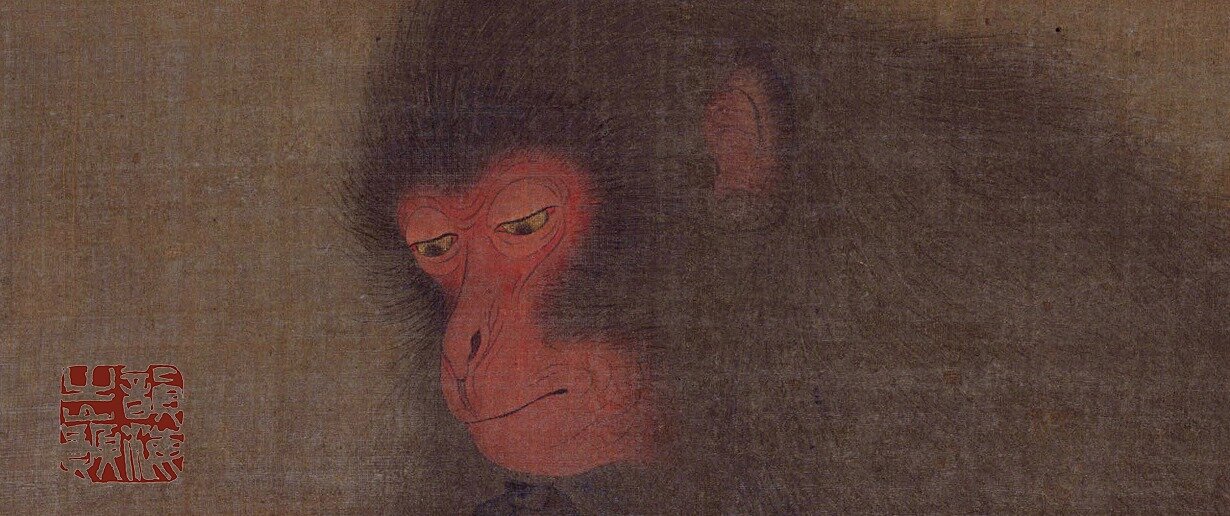
Yijing (I-Ching)
A wonderful site to understand the ancient origins of the Yijing, it’s wisdom and the practical application of these techniques to your life. For live consultations and personal readings please send me a message in the contact section of this site.
Quotes to inform the practice:
“The insights derived in this way (through the I Ching) may be as hard to grasp as the wind, as subtle as a gentle breeze. Yet they can help lead us in the direction we should go if we listen with courage rather than cringing, and if we persist in moving toward this direction over time.” Margaret J. Pearson The Original I Ching
Sima Qian (145 - 87 BCE) wanted to “investigate the boundaries between Heaven and Human, to thoroughly understand social changes ancient and modern, and finally to get a total perspective of my own”
“Man is in need of a symbolic life… But we have no symbolic life… Have you got a corner somewhere in your houses where you perform the rites as you can see in India? Even the very simple houses there have a least a curtained corner where the members of the household can lead the symbolic life, where they can make their new vows or meditation. We don’t have it… We have no time, no place… Only the symbolic life can express the need of the soul – the daily need of the soul, mind you! And because people have no such thing, they can never step out of this mill – this awful, grinding, banal life in which they are “nothing but.” Jung, C.G. “The Symbolic Life,” Transcript of a lecture given in 1939 from the shorthand notes of Derek Kitchin, London, Guild of the Pastoral Psychology, Guild Lecture No. 80, April 1954.
“Man needs a world of symbols as well as a world of signs. Both sign and symbol are necessary but they should not be confused with one another. A sign is a token of meaning that stands for a known entity. By this definition, language is a system of signs, not symbols. The symbol, on the other hand, is an image or representation which points to something essentially unknown, a mystery. A sign communicates abstract, objective meaning whereas a symbol conveys living, subjective meaning. A symbol has a subjective dynamism which exerts a powerful attraction and fascination on the individual. It is a living, organic entity which acts as a releaser and transformer of psychic energy. We can thus say a sign is dead, but a symbol is alive.” Ego and Archetype by Edward F. Edinger, Shambala Press 1992
Podcast Link Here: The Yijing (I-Ching) and the Cycles of Nature
Since ancient times, humans have sought to understand the cycles of nature. In China, this knowledge was codified in the esoteric classic known as the Yijing—the Book of Changes. Join us as we explore the Yijing as a vivid example of how our ancestors viewed humanity’s connection to the cosmos, and how they created an intricate map of symbols that relate our existence to the larger cycles of nature. Hosted by Heiner Fruehauf and Laurie Regan.